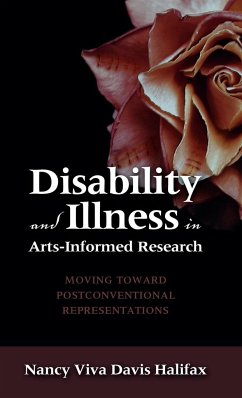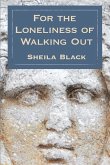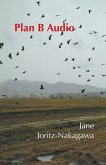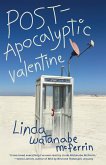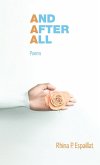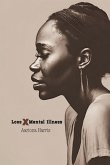Disability and illness are not easy subjects to write about in a direct manner. These are, however, the domains that most of us will eventually inhabit. It is a simple fact that our bodies fail, though our culture protests this at every occasion. The bodies of disabled people have been deemed unworthy of textual representation beyond the texts of medicine. The life stories of those who are suffering are seen as tragic, fodder for stories of what happens to the "other." The author (Nancy Halifax, assistant professor of critical disability studies at York University) posits that the sociopolitical structures of our culture limit the range of disabled people's positions in the world; their absence in books and other cultural products points to the absence of social equity. The subjective experience of illness, impairment, and disability is poorly reflected in most current models of health and disease used in the practices and policies of medical and health institutions. Those with illness, impairment, and disability see this deficiency as a serious problem. This type of work that is called into creation by its subjects exemplifies the notion that writers are ethically preoccupied with telling stories, not only for oneself, but also for others. This book defies and celebrates academic writing; it presents a story of illness and disability, experiences that collectively enrich and challenge our understandings of embodiment, narrative, social structures, identity, and politics-the full continuum of what it means and has meant, to be human. This is a remarkable and important book for both arts-informed researchers and educators and non-arts-informed researchers and educators in cultural studies, critical disability studies, education, health, and qualitative research.
Bitte wählen Sie Ihr Anliegen aus.
Rechnungen
Retourenschein anfordern
Bestellstatus
Storno

